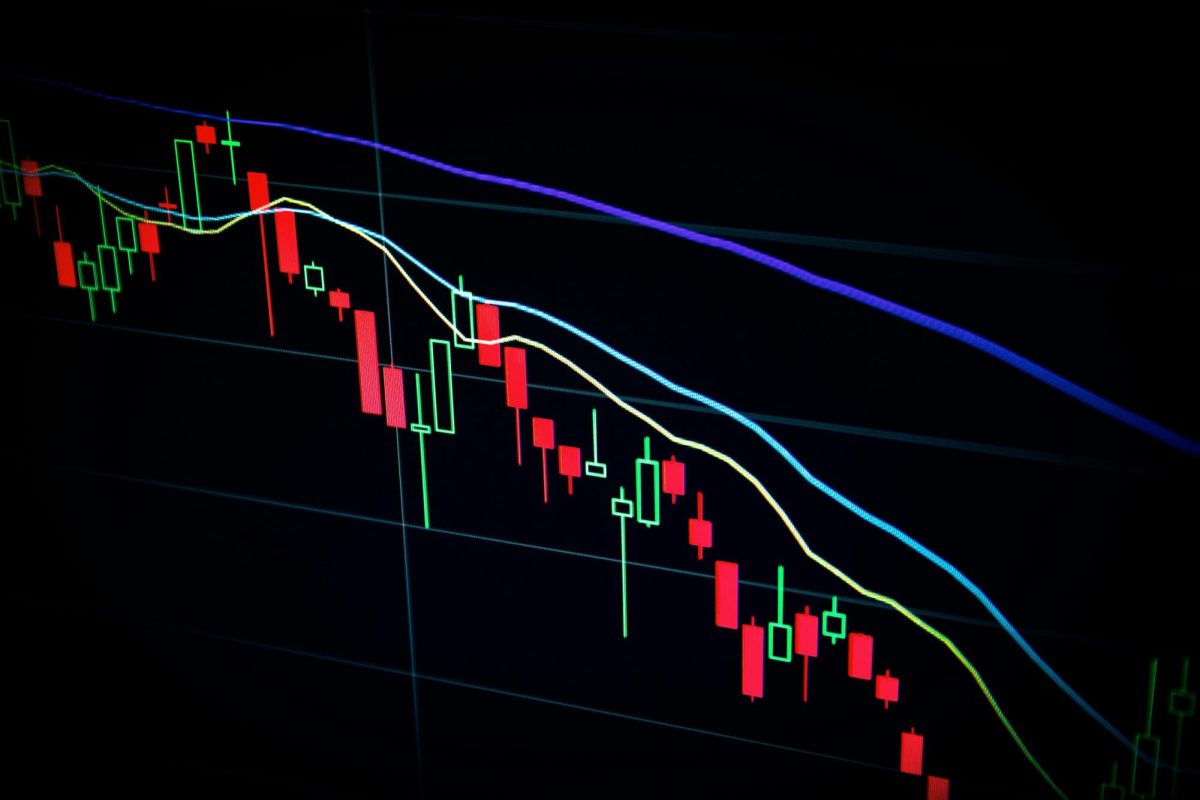With the election of Donald Trump as the 47th president of the United States, a massive number of tariffs have been threatened to be enacted upon many foreign companies. More recently, on April 2, Trump initiated “Liberation Day,” in which he imposed multiple tariffs against many of America’s trading partners with a minimum 10% baseline tax. Many consumers are concerned about the effects of the tariffs. In short, Americans should expect a rise in necessities such as food, shoes, electronics, etc. This will hurt the average consumer by requiring more money to purchase basic items.
A tariff is a tax placed on an imported or exported goods that is commonly paid for by its consumers. President Trump has enacted multiple new tariffs in hopes of bringing about a golden age in American history. Numerous countries are being affected: China (34%), Vietnam (46%) and Cambodia (49%). Those three countries are the United States’ main manufacturers. Taxing goods exported from those countries can lead to much higher prices on common goods.
The economy is dependent on consumer spending and the purchasing of goods; a raise in prices will directly lower the inclination of consumer spending. Economists fear that these new tariffs will lead to a recession. In part, this has already been seen by a dramatic loss in the stock market due to the tariffs.
“I’m down 300 in the stock market right now,” freshman Vincent Pham said. Pham is not the only one who lost money. Worldwide a combined $6 trillion was lost in two days, setting multiple companies into a bear market (a market that encourages selling).
In the long term, the future of the economy can not be determined with economists fearing a recession and numerous countries threatening counter-tariffs. However, Pham remains hopeful, believing that the effects are “negative right now, but we’ll see what happens in the future, you know”.
Consumers should be aware of a fluctuation in prices and a possible trade deficit between countries. The stock market has begun to bounce back after its scare on April 2, showing hope that these tariffs will boost America’s workforce and production.
Trump’s justification for these tariffs is restoring factory jobs and foreign industries back into America. Americans should understand that these tariffs and fears of a global trade are hopefully short term.
Consumers should prepare for a change in pricing by altering a budgeting sheet and/or being diligent with their money on the stock market.









